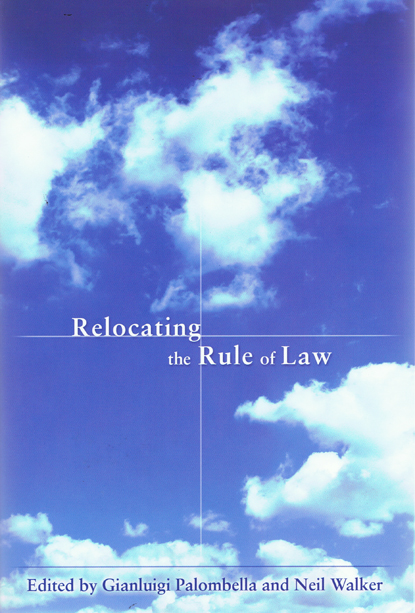
In this set of interdisciplinary essays leading scholars discuss the future of the Rule of Law, a concept whose meaning and import has become ever more topical and elusive. Historically the term denoted the idea of 'government limited by law'. It has also come to be equated, more broadly, with certain goods suggested by the idea of legality as such, including the preservation of human dignity and other individual and social benefits predicated upon or conducive to a rule-based social order. But in both its narrow and broader senses the Rule of Law remains a much contested concept.
These essays seek to capture the main areas and levels of controversy by 'relocating' the Rule of Law not just at the philosophical level, but also in its main contemporary arenas of application - both national, and increasingly, supranational and international.